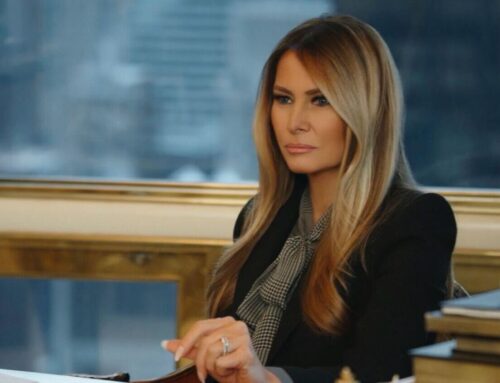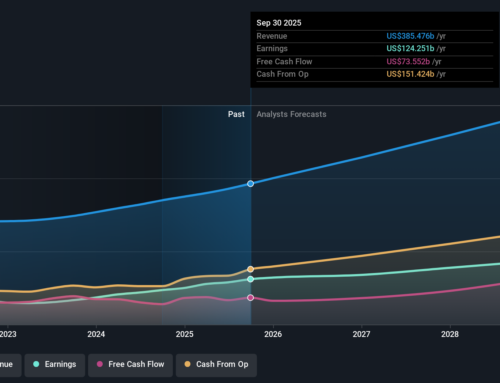Virginia Counties Clamp Down on Solar Projects
May 23, 2025

The Commonwealth of Virginia is clamping down on solar farms.
At least 39 counties in Virginia – 41% of all the state’s counties – now have some form of restriction on solar development, according to a new analysis of Heatmap Pro data. Many of these counties adopted ordinances significantly reducing how much land can be used and capping the total acreage of land allowed for solar projects. Some have gone further by banning new solar facilities altogether.
I wanted to get to the bottom of the Virginia dilemma after we collected this data and crunched these numbers because, simply put, it didn’t make a lot of sense.
Historically Virginia, like Texas, has been a relatively favorable state for energy infrastructure. Culturally, it would make sense for people to welcome new forms of energy. The state is an epicenter in the American data center boom, home to about 35% of all hyperscalers in the world – an economic boon that’ll require inordinate amounts of power. One would assume people want that energy to come from cleaner sources!
Yet counties across the state have been rolling up the red carpets. Mecklenburg recently banned new solar projects. Surry limited solar projects to a tenth of the county’s acreage. Buckingham has put a firm limit on development to 7,500 megawatts of solar projects in total. Why?
Well, here’s where I’ve landed: the opposition’s well organized and benefits from a history of conflicts over other forms of development.
Citizens for Responsible Solar – an anti-renewables organization headquartered in Culpepper, Virginia, founded by a former special adviser to President George W. Bush – has been active in the state since at least 2018. Although it is a national organization in name, and does have factions in other states, its website primarily boasts “success stories” in Virginia counties, including Augusta, Culpepper, Fauquier, Gloucester, Henry, Madison, Mecklenburg, and Page counties.
CRS is primarily focused on opposing solar on agricultural lands – a topic we’ve previously covered thoroughly – as well as forested areas. It claims to not be entirely against solar energy but only wants projects on industrial-zoned acreage. But the organization is also well documented to spread misinformation about solar energy itself.
Dr. Faith Harris of Virginia Interfaith Power & Light told me this week that her experience speaking with individuals opposed to renewable energy in the state indicates that falsehoods and conspiracy theories are playing a large role in turning otherwise friendly counties against solar energy. In her view, this has become an even bigger problem since the state turned red with the election of Governor Glenn Youngkin, who this week vetoed a slate of climate bills, including one that would make it easier to permit small solar farms and battery storage facilities.
“We’ve had a lot of misinformation and directions and narratives changed trying to initiate a resurgence of more fossil fuels,” Harris said. “It’s part of the movement to prevent and stop renewable energy.”
There’s something else going on, too, and it’s historically linked to systemic social inequities in some of these counties. They’ve been burned before, Harris noted, over the construction of other forms of industrial energy.
For years, Buckingham County residents resisted the construction of a gas compression station smack dab in the middle of a historically Black neighborhood. I covered this conflict early in my environmental journalism career because it was central to the construction of the now-defunct Atlantic Coast gas pipeline. It was a fight Buckingham won, in no small part due to the support of organizations like Virginia Interfaith Power & Light.
Now, Buckingham has capped solar projects. I asked Harris why a county that was so aggressive in fighting gas power would be against renewable energy, and she bluntly replied that these two fights are “pretty much directly related” – with the added conspiracy factor making matters worse for solar projects. For example, she’s heard complaints from residents in Buckingham about trees that could be cut down for solar, echoing the claims spread by organizations like CRS.
“People in the communities have been challenged and frightened in some way that solar is somehow going to have an impact on them, and not really even recognizing that they’re constantly being exposed to air and water contamination,” she said. “I don’t think the average person understands how they get their energy.”
She added: “This is still an ongoing challenge and in many ways we – the climate movement – have failed to educate the public well enough.”
Search
RECENT PRESS RELEASES
Related Post




